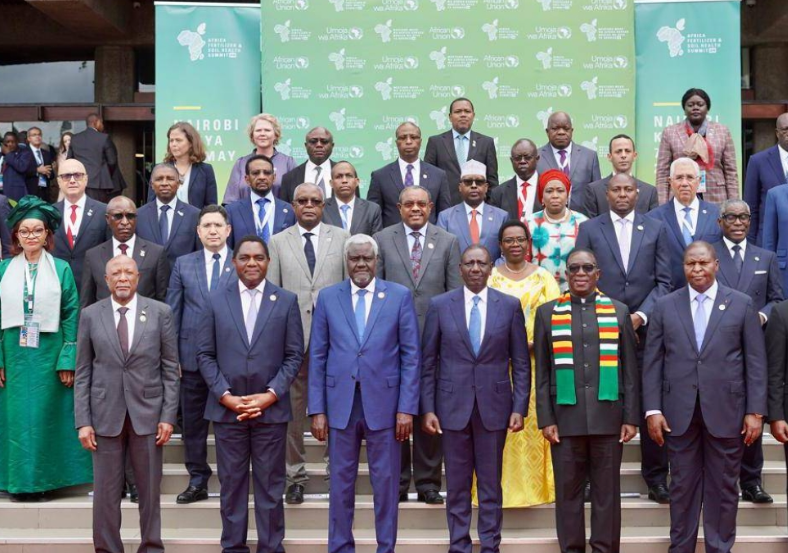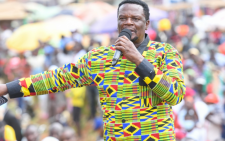Soil health parley built links but more work needed

The declaration issued after the recent Africa Fertiliser and Soil Health Summit in Nairobi represents a significant step forward in transforming food systems and taking effective climate action. With appropriate innovation, agri-food systems can alleviate global food insecurity and safeguard the health of our planet.
Conversely, maintaining the status quo threatens global soil health, food security and the climate crisis. Recognising that no single entity can achieve this transformation alone, the recent thawing of tensions between proponents of organic and inorganic agriculture systems, fostering trust through open dialogue, is a cause for celebration. “Listening to the soil”, the apt theme of the 2024 AFSH summit, exemplifies this commitment to collaboration.
However, one critical concern is “commitment maladaptation” – the risk of publicly agreeing on solutions but failing to take concrete action. To overcome this, we need collaborative efforts that go beyond technology to foster knowledge sharing and capacity building, and establish clear implementation plans. Most importantly, building trust to genuinely bridge the divide.
While the summit appeared to build bridges across this divide, a comment at a side event concerning the absence of farmers on panel discussions signals a continuing disconnect between technology and solution providers and users. This highlights the potential for future commitment maladaptation.
Can we avoid this phenomenon beyond the summit and ensure effective local action to transform food systems and address climate change? Yes, but more work is needed, with food systems diplomacy at the centre. Food systems diplomacy refers to using persuasion rather than resorting to aggression to address differences in opinion. It advocates for agreeing to disagree constructively and gracefully accepting past failures.
This calls for fast-tracking the developing of standards and certification mechanisms to enhance transparency. Establishing regional certification bodies would be a concrete example of such efforts. This will strengthen social accountability, especially regarding last-mile extension services from private entities offering fertilisers and other farm inputs. These services should not be opportunities to exploit farmers.
Additionally, vigilance is needed to prevent manufacturers of soil-testing gadgets from dumping obsolete technology in developing economies. Meaningful participation of young people is crucial. However, this requires deliberate effort in capacity building.
Formulating and implementing innovative policies to support these endeavours must be a collaborative effort, co-created with user communities at the centre.
As we acknowledge the bridges built, we must be intentional about walking on them in good faith. Past legacies, though painful, must not dictate future cooperation and collaboration. Extreme hunger levels, thirst due to water scarcity, and heat stress caused by increasing temperatures – all as a result of climate change – await us if we fail to cooperate. These wicked challenges should be the new guiding light and nudge for cooperation.
Voting with our purses is very important. Fast-tracking the proposed Africa Fertiliser Financial Mechanisms and the African Union’s Multi-source Soil Health Fund is crucial. Additionally, prioritising the establishment of a digital information system to put to effect the fertiliser, crop, and climate decisions support tools for soil management at the national, regional, and continental levels is essential. Achieving this before 2034, as espoused in the Nairobi Declaration, should be a top priority.
With rising digital literacy in Africa, especially among young people, their role should be enhanced.
— The writer is a Global Food Systems Youth Leader and climate change and food systems communication consultant












